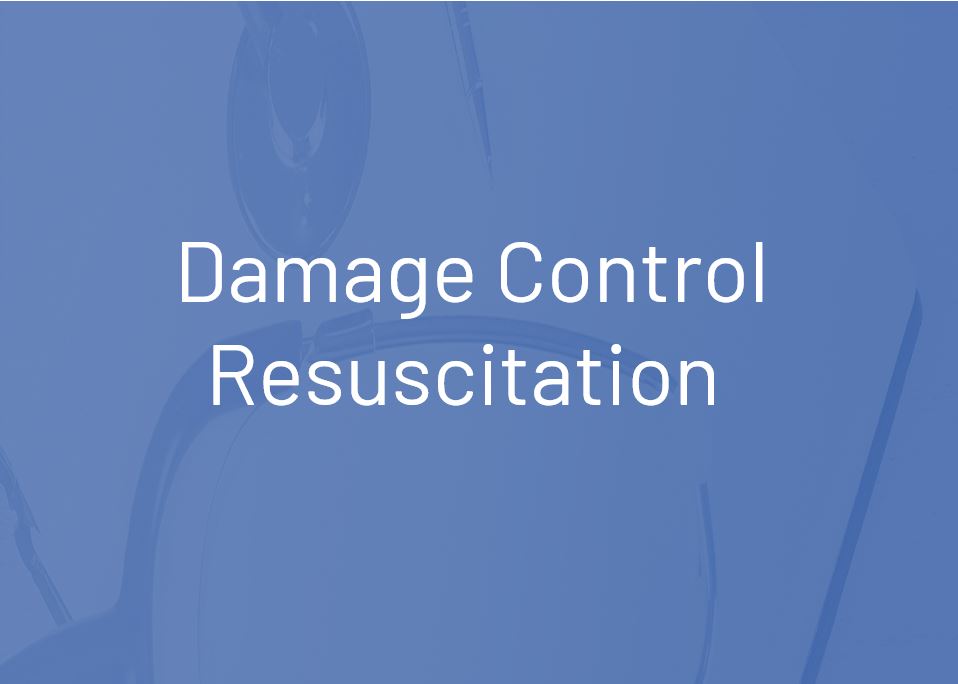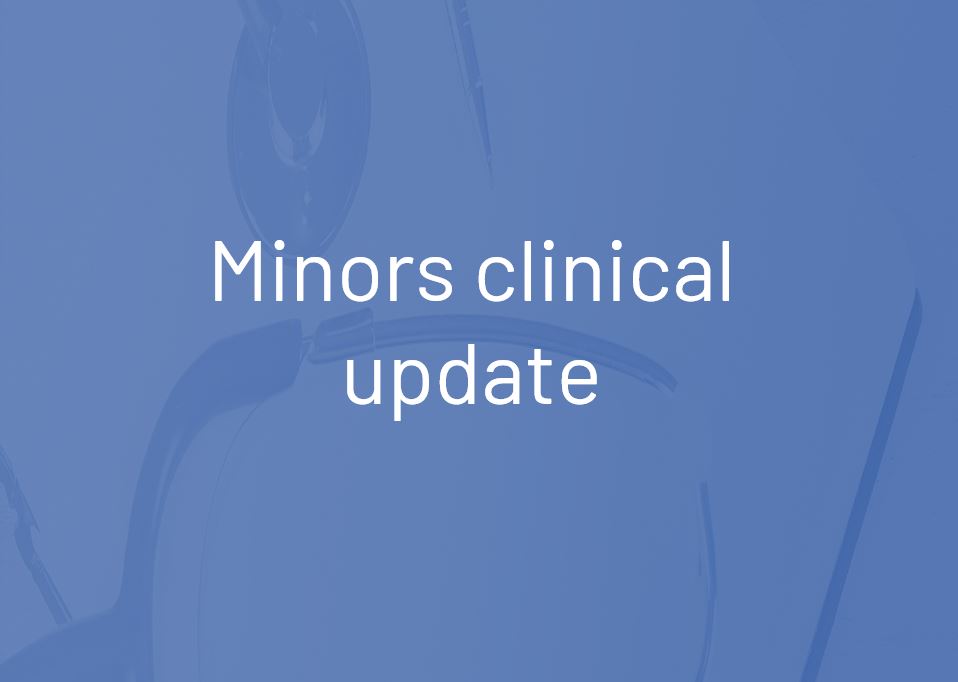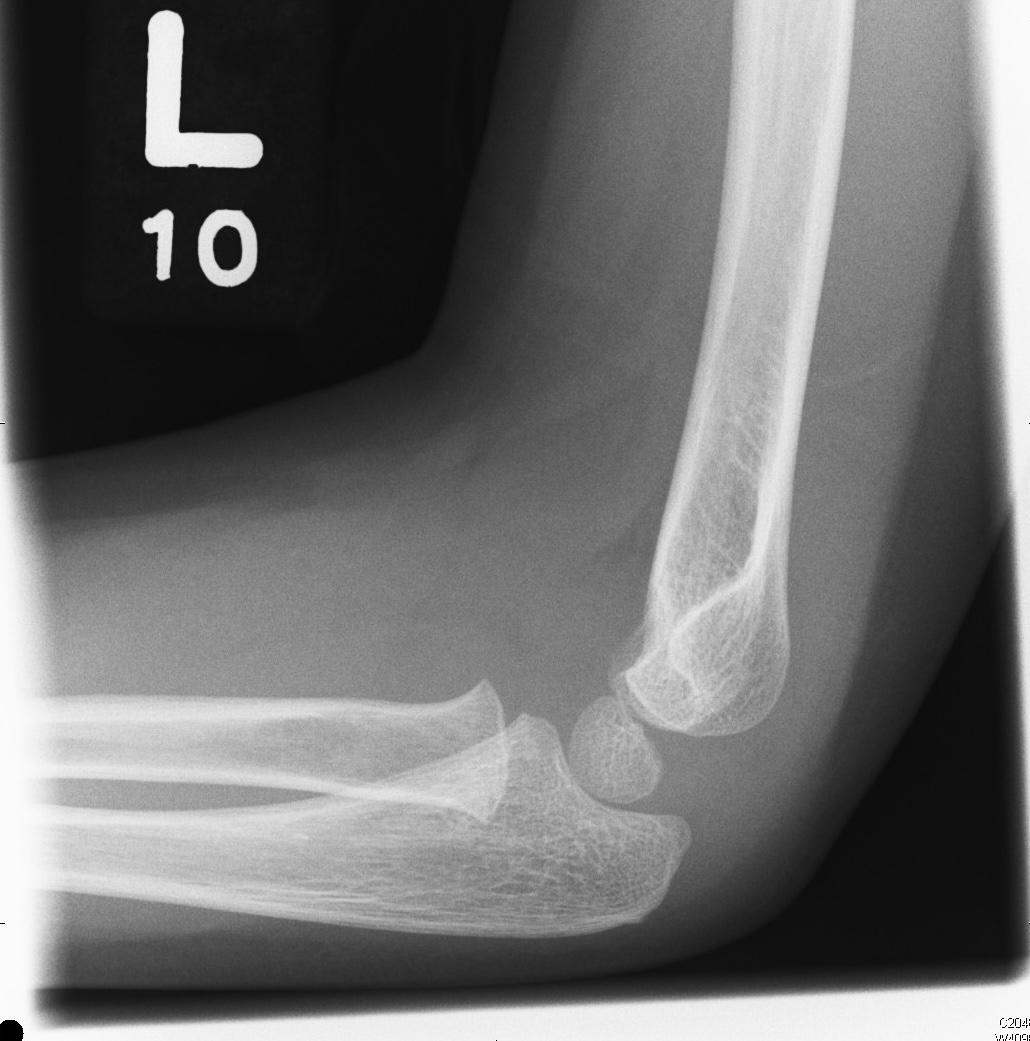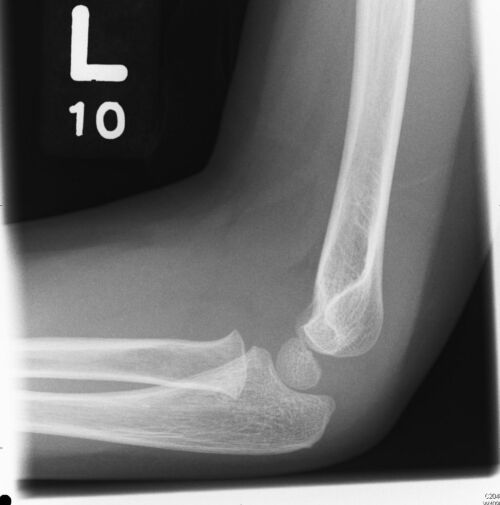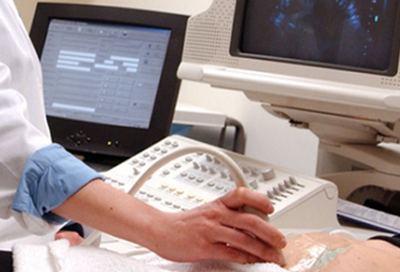This one day online symposium uses a case-based learning approach to review the up-to-date emergency department management of major trauma patients.
Taught by consultants from the East of England Major Trauma Centre at Cambridge University Hospitals, the damage control resuscitation course is suitable for all members of trauma teams. This includes Emergency Department nurses and Advanced Clinical Practitioners as well as Emergency Medicine, Anaesthetic and Surgical consultants and trainees.
The programme covers all aspects of primary assessment, resuscitation and immediate care.
The symposium is interactive and utilises case-based discussions with audience participation to cover the principles and practice of damage control resuscitation.
This excellent one-day virtual course is aimed at Emergency Nurse Practitioners, Advanced Clinical Practitioners, Allied Healthcare Practitioners, Emergency Physicians and GPs who treat patients with minor injuries and illnesses in Urgent Treatment Centres, Emergency Departments, Primary Care and Out of Hours services.
The day is delivered by experts who are specialists in their field.
*** CPD applied for ***
This two-day online course will provide a comprehensive review of the radiological assessment and management of minor injuries in the Emergency Department, Minor Injury Units (MIU) and Urgent Treatment Centres (UTC)
Delivered by experts from Radiology, Orthopaedics and Emergency Medicine, this novel course will first look at how to interpret x-rays for each body area to identify bony and soft tissue pathology. The course will then cover the urgent and emergency management of the injuries: what to refer urgently, what to refer to clinic, and what to discharge with advice.
Aimed at Emergency Nurse Practitioners, Advanced Clinical Practitioners, Allied Healthcare Practitioners, Emergency Physicians, Acute Paediatricians and GPs who treat adult and paediatric patients in Emergency Departments, Minor Injuries Units and Urgent Treatment Centres.
The course will cover all common paediatric and adult injuries in an interactive lecture format with polls and Q&A.
The course aims to improve clinicians’ confidence in dealing with common presentations and to provide an update regarding recent advances in management of minor injuries and fractures.
*** Course approved for 12 CPD hours by RCSEd ***
This two-day online course will provide a comprehensive review of the radiological assessment and management of minor injuries in the Emergency Department, Minor Injury Units (MIU) and Urgent Treatment Centres (UTC)
Delivered by experts from Radiology, Orthopaedics and Emergency Medicine, this novel course will first look at how to interpret x-rays for each body area to identify bony and soft tissue pathology. The course will then cover the urgent and emergency management of the injuries: what to refer urgently, what to refer to clinic, and what to discharge with advice.
Aimed at Emergency Nurse Practitioners, Advanced Clinical Practitioners, Allied Healthcare Practitioners, Emergency Physicians, Acute Paediatricians and GPs who treat adult and paediatric patients in Emergency Departments, Minor Injuries Units and Urgent Treatment Centres.
The course will cover all common paediatric and adult injuries in an interactive lecture format with polls and Q&A.
The course aims to improve clinicians’ confidence in dealing with common presentations and to provide an update regarding recent advances in management of minor injuries and fractures.

